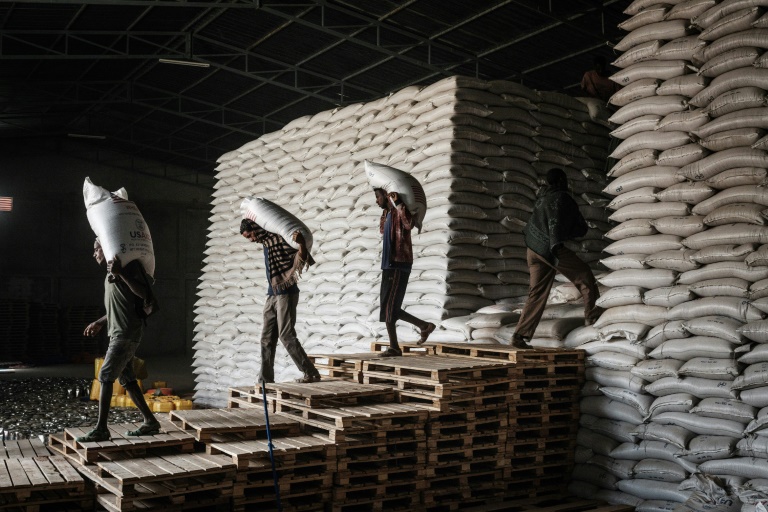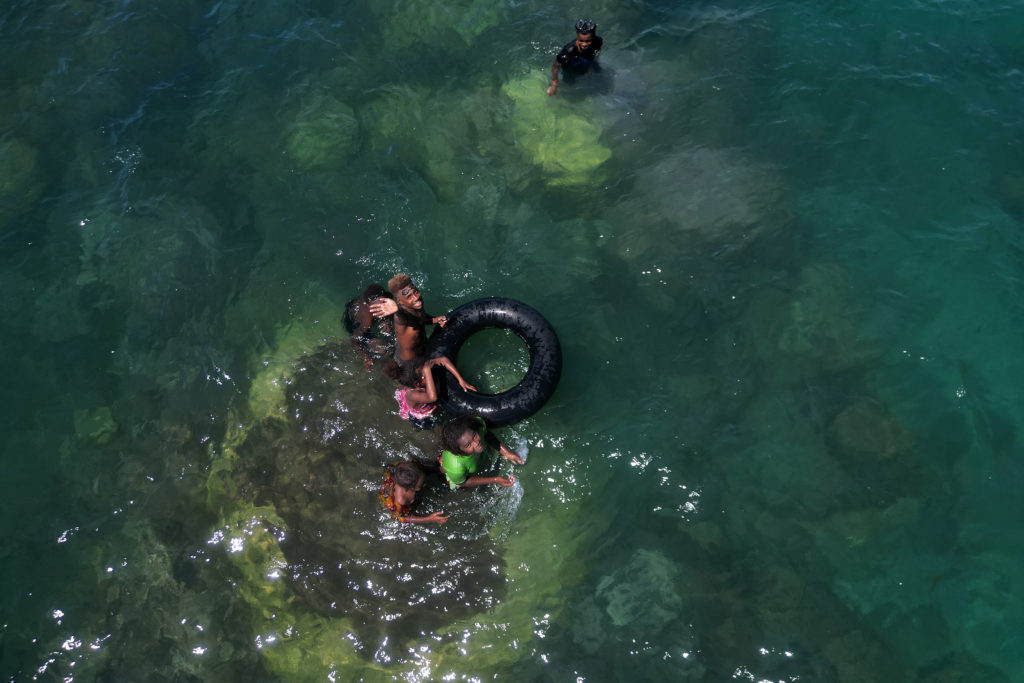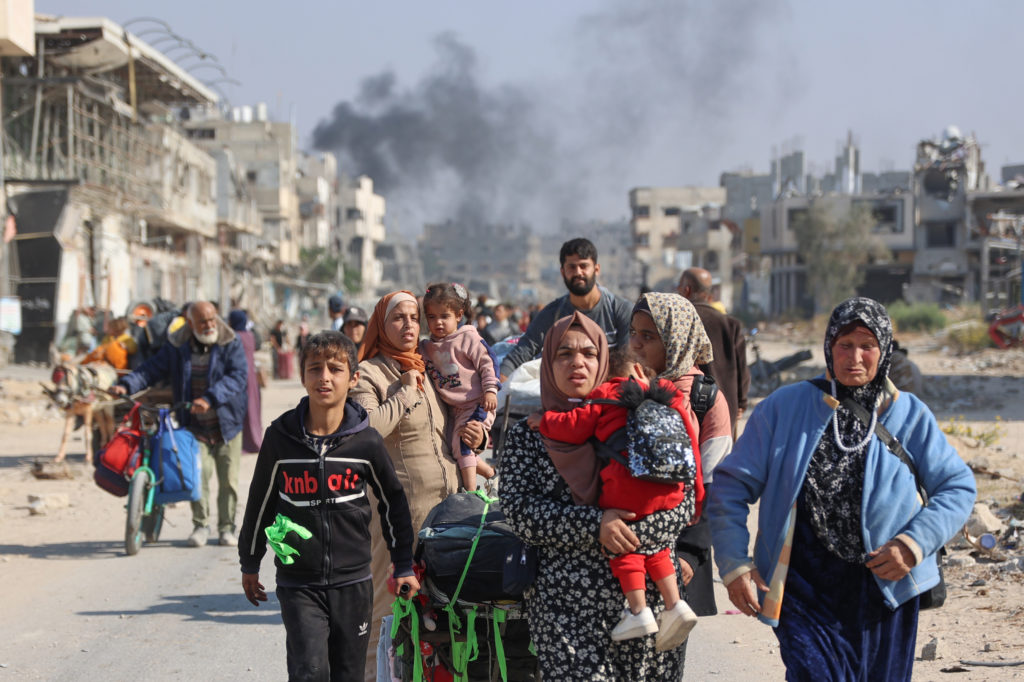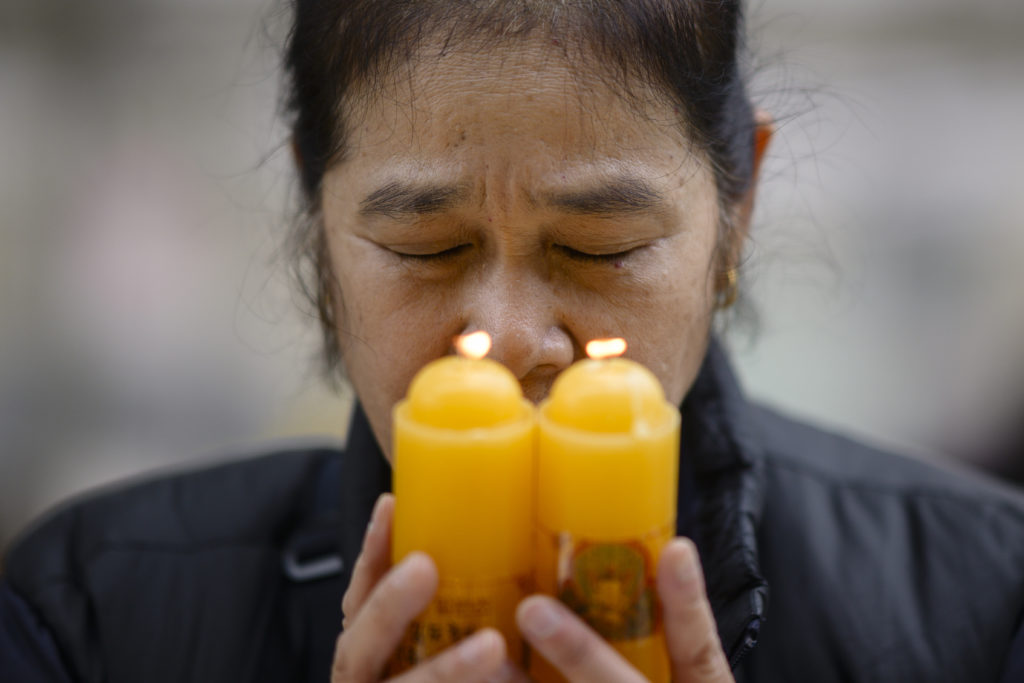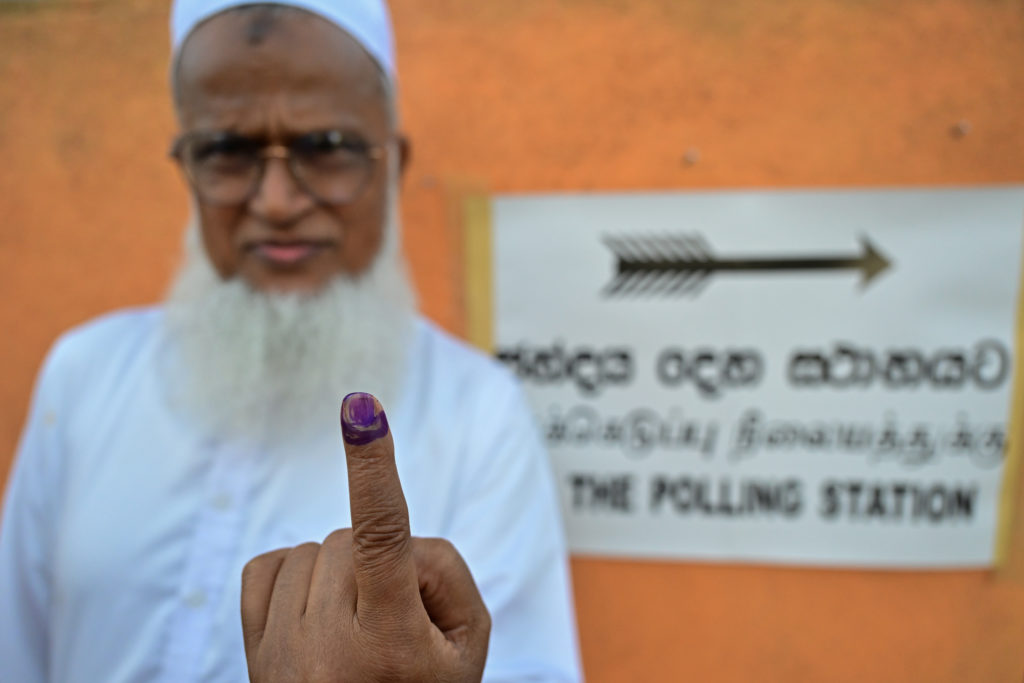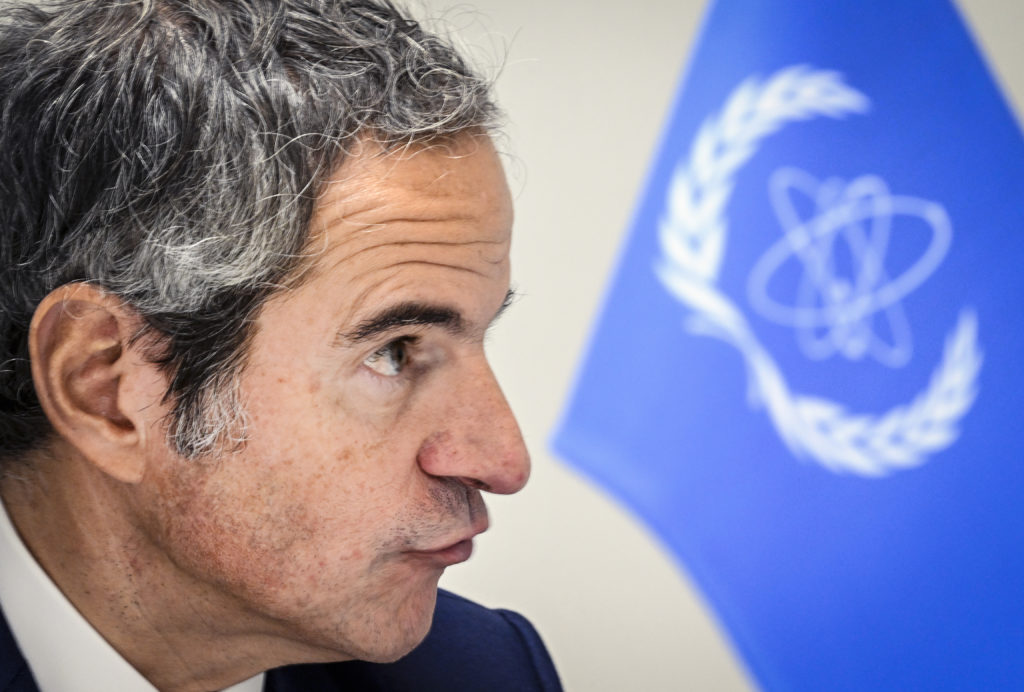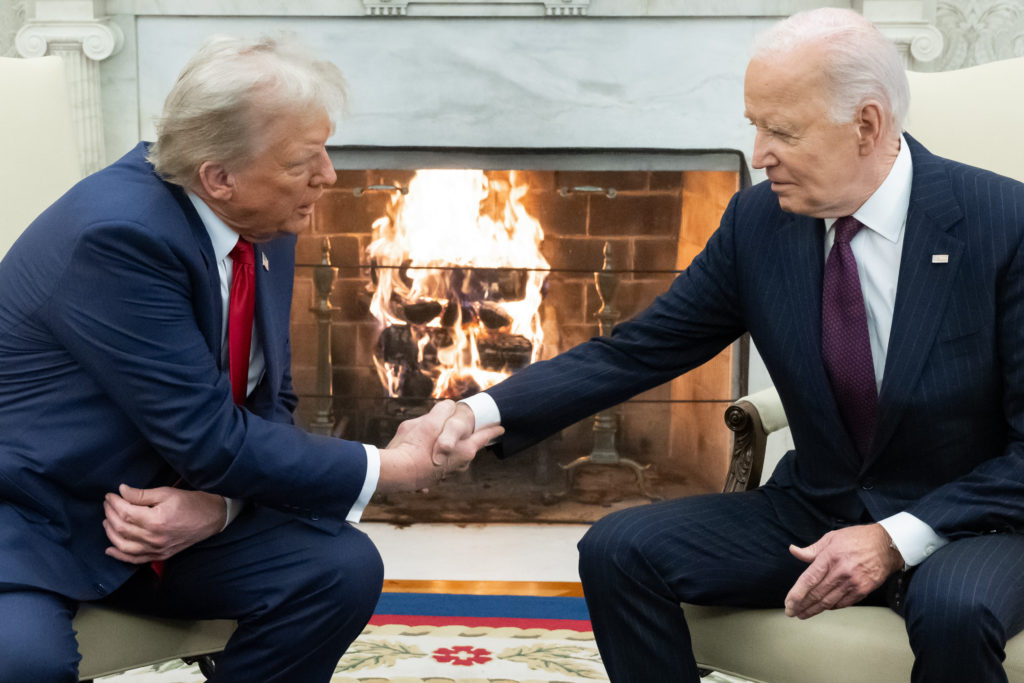The first international aid convoy in three months is on its way to Ethiopia’s war-stricken Tigray region, the UN said on Friday, one week after the government and Tigrayan rebels agreed to a conditional truce.
The arrival of aid in Tigray, where hundreds of thousands of people face starvation, could help shore up the shaky ceasefire between Prime Minister Abiy Ahmed’s government and the Tigray People’s Liberation Front (TPLF).
Abiy’s government last week declared an indefinite humanitarian truce in the 17-month conflict, with the TPLF agreeing to a “cessation of hostilities” if aid arrives in Tigray.
“WFP-led convoys to Tigray are back on the road & making steady progress!” the UN’s World Food Programme (WFP) said on Twitter.
“Just arrived in Erepti (in the neighbouring Afar region) & will soon cross into Tigray, bringing in over 500 mt (tonnes) of urgently needed WFP/partner food & nutrition supplies for communities on edge of starvation.”
The TPLF said the 20 aid trucks were now in territory under its control in Afar and on their way to Tigray’s capital Mekele.
“This is one good step in the right direction; the bottom line, though, isn’t about how many trucks are allowed but whether there is a system in place to ensure unfettered humanitarian access for the needy!” TPLF spokesman Getachew Reda said on Twitter.
He told AFP in Nairobi that it was likely that the aid convoy would take “a few hours” to reach Mekele as the trucks may have to refuel.
– ‘Extreme lack of food’ –
The development comes just days after both sides accused each other of blocking an aid convoy headed for Tigray, which has not seen any humanitarian supplies arrive by road since December 15.
The government had announced on Thursday that 21 vehicles carrying relief supplies had started moving through Afar towards Tigray.
“The government of Ethiopia reaffirms its commitment to work closely with stakeholders to ensure the full delivery of humanitarian assistance to those in need,” it said.
A humanitarian source said the convoy had been blocked on Thursday evening by regional forces in Afar but was able to resume its journey on Friday.
Nearly 40 percent of Tigray’s six million inhabitants face “an extreme lack of food”, the UN said in January, with fuel shortages forcing aid workers to deliver medicines and other crucial supplies sometimes by foot.
Since mid-February, humanitarian operations in the northern region have been virtually halted due to local shortages of fuel, food and cash, according to the UN.
Tigray has also been subject to what the UN says is a de-facto blockade.
The United States has accused Abiy’s government of preventing aid from reaching those in need, while the authorities in turn have blamed the rebels for the obstruction.
Both sides have issued demands in connection with the truce.
The government has called on the rebels to “desist from all acts of further aggression and withdraw from areas they have occupied in” the neighbouring regions of Afar and Amhara.
The rebels have in turn urged the Ethiopian authorities “to go beyond empty promises and take concrete steps to facilitate unfettered humanitarian access” to Tigray.
The government previously declared a “unilateral ceasefire” in Tigray in June last year, after the TPLF mounted a shock comeback and retook the region from federal forces before expanding into Amhara and Afar.
The fighting intensified in the second half of 2021 before reaching a stalemate. The rebels at one point claimed to be within 200 kilometres (125 miles) of the capital Addis Ababa.
According to the UN, the war has displaced more than two million people, driven hundreds of thousands to the brink of famine and left more than nine million in need of food aid.
The conflict erupted in November 2020 when Abiy sent troops into Tigray to topple the TPLF, the region’s former ruling party, saying the move came in response to rebel attacks on army camps.
Thousands of people have died as fighting has dragged on, while accounts have emerged of massacres and mass rapes, with both sides accused of human rights violations.

